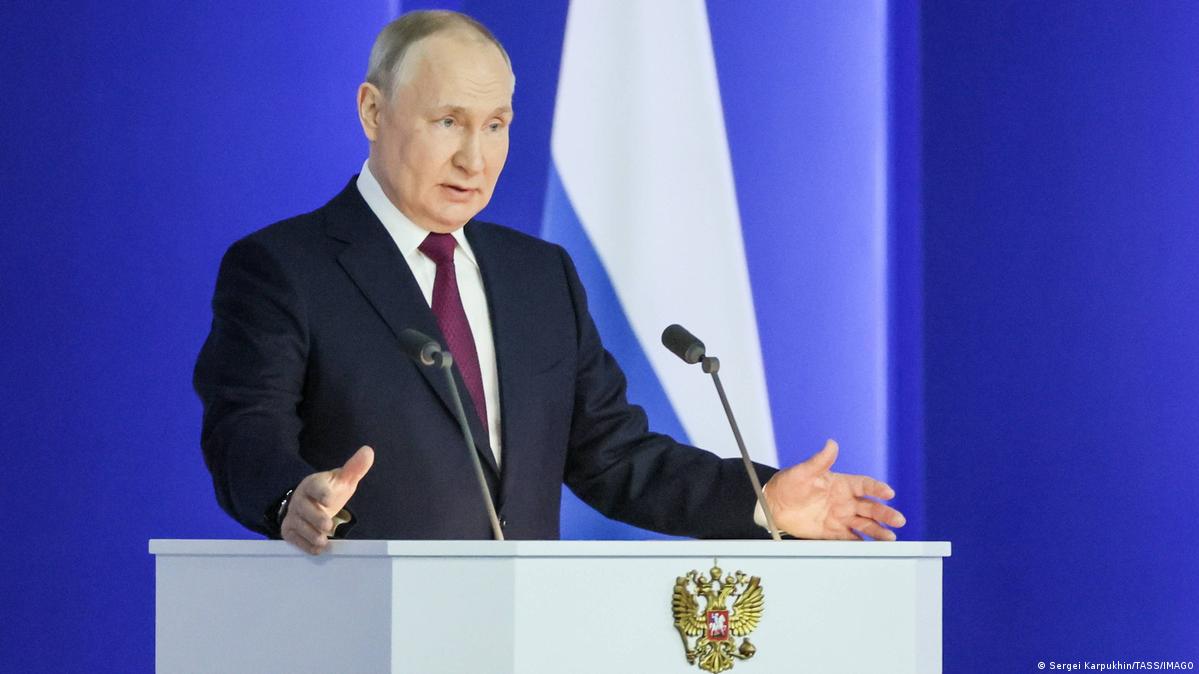By Ashu Maan
On 14 April 2024, an unprecedented escalation occurred in the ongoing tension between Israel and Iran. Iran launched a sophisticated attack on Israel, employing drones, cruise missiles, and rocket fire, marking a critical juncture in their longstanding conflict. This offensive came in retaliation to Israel’s targeting of Iran’s embassy compound in Damascus, Syria, resulting in the deaths of high-ranking officers, including a top Islamic Revolutionary Guard Corps (IRGC) commander. Iran’s assault involved more than 100 drones and cruise missiles. Some of these were reportedly launched from Iraq, Iran, Syria and Yemen, even as Hezbollah, a known proxy of Iran, claimed responsibility for firing dozens of Katyusha rockets from Lebanon into northern Israel. According to the Israel Defense Forces (IDF), of the more than 300 munitions fired by Iran, there were some 170 drones, 30 cruise missiles, and 120 ballistic missiles. Another unprecedented aspect of the incident was the support given to Israel by Arab states in thwarting the Iranian attack. Reportedly, apart from the United States, Britain, and France, Arab countries such as Saudi Arabia, Jordan, Egypt, United Arab Emirates by providing airspace access, radar tracking and even shooting down Iranian projectiles.
Event Analysis
The attack by Iran on Israel serves as a strategic effort by Tehran to maintain its newly acquired stature on the international stage, and somewhat akin to its calibrated response to the assassination of Qasem Soleimani in 2020, when it launched missile attacks against a US base in Iraq. This pattern of retaliation—demonstrating military capability without seeking to escalate into full-blown conflict—echoes Iran’s approach to regional confrontations, including its skirmishes with Pakistan in January 2024, though the present attack is far larger in scope. Each action appears carefully measured to assert Iran’s defensive posture and regional influence while stopping short of triggering wider conflict. Iran’s statement at the UN, indicating that the attack “can be deemed concluded” barring further provocation from Israel, strategically places the responsibility for any escalation on Israel, mirroring Tehran’s broader tactic of managing the optics and implications of its military engagements. Domestically, it reassures the Iranian public of the regime’s control and measured approach to conflict, potentially easing internal tensions. Internationally, it signals Iran’s preference for containment over escalation, placing the onus of future conflict squarely on Israel’s shoulders.
The reported expenditure of 2.1 billion Israeli shekels (over $550 million) for Israel’s defensive response to Iran’s missile and drone barrage on April 14, 2024, underscores the high costs for the defence, including the sophisticated defense technologies like David’s Sling air-defense system, and the operational costs associated with maintaining aerial superiority—evidenced by the deployment of 100 Israeli warplanes for six hours. This financial analysis by Yehoshua Kalisky, a senior researcher at the Institute for National Security Studies, not only highlights the immediate costs involved in intercepting the attack but also points to the broader economic impact on national defense budgets. The reliance on advanced technology for defense signifies a dual-edged sword; while it provides a robust shield against increasingly sophisticated threats, it also demands substantial ongoing investment in research, development, and procurement.
De-escalation
US President Joe Biden’s informing the Prime Minister of Israel, Benjamin Netanyahu that the United States “won’t take part in any counter strike against Iran” subtly acknowledged the underlying dynamics at play, indicating a preference for de-escalation. This stance underscores the recognition of the broader implications of such conflicts, not just for the immediate regional stability but also for the global economy. The Middle East’s volatility has a direct and immediate impact on global oil prices and the security of critical maritime trade routes, such as the Strait of Hormuz, through which a significant portion of the world’s oil supply passes. Any hint of conflict in this region sends shockwaves through the global markets, affecting oil prices and, by extension, the global economic stability. For instance, Brent Crude prices shot up to $ 91.71 on 12 April when Iran captured a container ship near the Strait of Hormuz and declared that it would attack Israel and fell down to $ 89.24 on 15 April, after Israel and its partners repelled the attacks.
The Iranian regime’s calculated response to the embassy bombing, therefore, must be viewed through the prism of its domestic political strategy, aimed at maintaining its grip on power amidst a tumultuous internal and external landscape. This strategic posture reflects a broader pattern in Iranian foreign policy: leveraging military engagements as a tool for domestic political maneuvering, all the while navigating the precarious balance of regional power dynamics and the risks of broader conflict escalation.
Israel’s Response and the Role of the United States
While the United States President has reiterated his “ironclad commitment to security of Israel”, he has also advised Israel to de-escalate as both countries are now “even”. Israel is at a juncture where it can escalate or choose not to. One immediate consideration is the potential escalation of military actions. Given the scale of the attack and the demonstrated capability to intercept a vast majority of the incoming threats, Israel might opt to reinforce its deterrence posture against Iran. As Iran has directly attacked Israel, it has crossed a threshold and Israel would be thinking that if it does not respond to Iran’s attacks it might become a new normal. Israel’s policy of deterrence has consistently been a focal point among the nation’s political and military elite, considered a crucial component of its defense strategy. This approach encompasses military tactics such as retaliating to past assaults and sustaining military readiness, as well as the utilization of both soft and hard power to convince adversaries that launching any attack would be futile. This could involve targeted strikes against Iranian military assets or proxies in the region, aimed at degrading Iran’s ability to launch similar attacks in the future. Such actions would likely be calibrated to send a clear message of strength without necessarily provoking a full-scale conflict. However, while Israel would be tempted to retaliate, there are factors that needs consideration.
Firstly, Israel is acutely aware of the complexities and challenges of engaging in military conflicts on multiple fronts. Iran’s significant influence and network within Lebanon, primarily through Hezbollah, and its presence in Syria, pose a considerable threat to Israel’s northern border. Escalating tensions with Iran could activate these proxies, drawing Israel into a multifaceted conflict that would stretch its military resources and potentially put civilian populations at risk. The historical context of conflicts in these areas demonstrates the high costs and complexities of such engagements, making a focused approach on de-escalation and containment a prudent strategy for Israel.
Second, the United States, Israel’s key strategic ally, has been recalibrating its foreign policy priorities, with a notable pivot towards addressing the rise of China. The U.S. is increasingly concerned with the strategic competition in the Indo-Pacific region, aiming to counterbalance China’s growing economic and military influence. This pivot signifies a desire by the U.S. to avoid being entangled in protracted conflicts in the Middle East, which could divert attention and resources from the Indo-Pacific theater. The U.S. administration’s caution towards escalation in the Middle East is likely influenced by this broader strategic framework, as Washington seeks to maintain focus on long-term competition with Beijing.
Third, is the potential influence of the Jewish lobby in the US, an important factor at any time especially given upcoming elections. The US secretary of state, Antony Blinken had a meeting with various Jewish groups, where he told the representatives that the US did not want Israel to “escalate” after the attack. While all the representatives thanked the US for the ‘defence of Israel’, Blinken’s stand was supported by the liberal lobbies, but some centrist and right-wing lobbies called on the US to “support whatever decision Israel takes”. These overall considerations are likely to influence an Israeli decision to respond.
Conclusion
In conclusion, the escalation on April 14, 2024, between Iran and Israel, marks a significant moment in the complex tapestry of Middle Eastern geopolitics. Iran’s assertive military action and Israel’s calibrated defensive response underscore the delicate balance of power, regional influence, and international diplomacy that defines the region. As both nations navigate the aftermath of this confrontation, the broader implications for regional stability, international alliances, and global economic health loom large.
Israel stands at a critical crossroads, where strategic patience and restraint are juxtaposed against the compelling impulse for retributive action. The considerations are manifold, encompassing the immediate threats posed by Iran’s network in Lebanon and Syria, the broader regional risks of escalation, and the global geopolitical shifts, notably the United States’ strategic pivot towards the Indo-Pacific region and its implications for American engagement in the Middle East. These factors collectively suggest a path of cautious engagement and strategic de-escalation for Israel, mindful of the complex interplay of internal security needs, regional stability, and international diplomacy.
As the dust settles on this latest episode of confrontation, the path forward demands a judicious mix of diplomatic engagement, military readiness, and strategic patience. The international community’s collective response, emphasizing diplomacy over military escalation, offers a hopeful avenue towards de-escalating tensions and fostering a more stable and secure Middle East. Ultimately, the events of April 14, 2024, serve as a poignant reminder of the interconnectedness of regional conflicts and the importance of collective efforts towards securing peace and stability in an increasingly complex and interconnected world.
This article first appeared on the website (www.claws.in) of Centre for Land Warfare Studies, New Delhi, on April 18, 2024


























